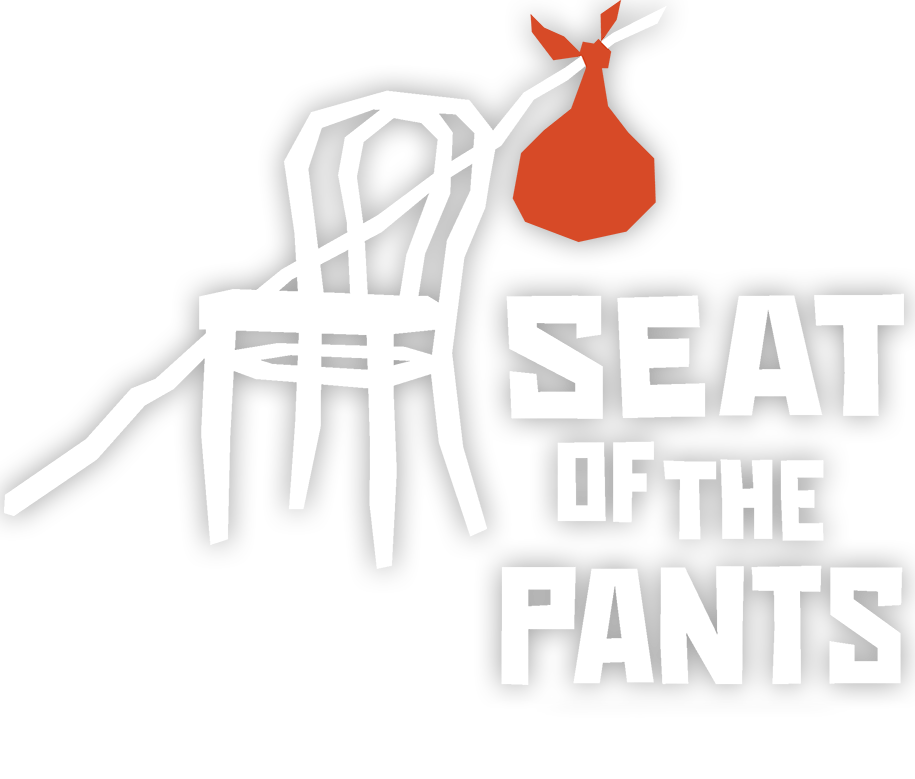LESSONS FROM COLLABORATION (SO FAR): LISA WILEY
Designing props for Our Country’s Good is unlike any rehearsal/production process I've ever experienced before. I was given a script, a sort of treasure map if you will. I was put in a room with other creative minds and the goal was to come together as one vessel and figure out, not only what routes we would take to find the treasure, but decide on what that treasure would be. And then, share it with others.
Eight or nine months later in our excursion, as we go into the more “traditional” rehearsal process for the show, I revisited my journals, sketches and post its and decided to highlight (in no particular order) what I've learned or experienced so far in this amazing journey with some of the most creative and courageous souls I know.
Collaboration without self study seems insincere.
I’m probably not the only one thinking what I’m thinking at any given moment.
Moments discovered through study and practice are precious. Keep those and find tangible ways to represent them.
Open discussion and play allows for discovery. Discovering character truths or needs earlier in the process is more satisfying rather than uncovering them closing night.
Pictures (in reference to tableaux the actors make) really are worth a 1000 words.
Be bold and don’t gloss over the ugly story. Don’t leave out any of the horror; make it as grotesque as is fitting so that we won’t ever want to relive that story or moment ever again.
Items can give characters strength, comfort, joy, shame.
Asking the actors to share with me what items they thought their character(s) might covet brought much insight. Some of my ideas for character props coincided with the actors' thoughts, and I was so happy to be on the same page, to feel I was going in the right direction. And when the actor suggested something that took my breath away, I was inspired to dig deeper.
What part of the story can I help tell in the silence?
“I don’t know how or if I can create this”, should not be in my vocabulary. But rather, “what if I”.
It doesn't always have to be complex. Sometimes simple really is better.
Telling the story is ever evolving, it is alive and breathing. The first time you tell the story will be different than the last. If it's not, then it is not living.

